Learning: Do You Only Know Haydn, Mozart, and Beethoven?
When discussing the Classical period, most people immediately think of Haydn, Mozart, and Beethoven. These three giants of music are so well-known that they’ve overshadowed many other talented composers from the same era. However, there were several influential figures whose contributions deserve recognition, especially when studying classical sheet music in depth.
1. Carl Philipp Emanuel Bach
Born in 1714, C.P.E. Bach was the second son of the legendary J.S. Bach. He spent much of his life working at the royal courts in Berlin and Potsdam before taking over as music director in Hamburg. His compositions connect the late Baroque with the early Classical style. He wrote symphonies, sonatas, and concertos, and his treatise Essay on the True Art of Playing Keyboard Instruments remains essential for anyone exploring piano notes and interpretation today.
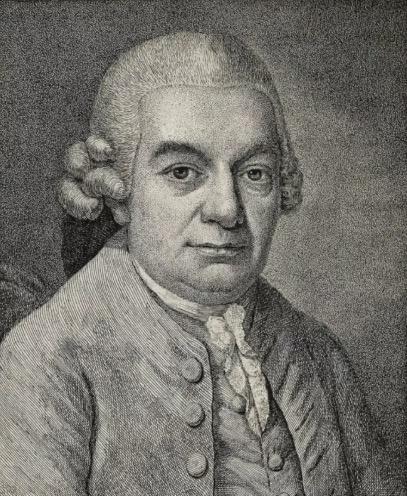
2. Leopold Mozart
Leopold Mozart, born in 1719, was the father of Wolfgang Amadeus Mozart. Although more famous for mentoring his prodigious son, Leopold was an accomplished composer and violinist in his own right. His works include symphonies and concertos. For students following piano online lessons, learning about his influence offers context to Mozart’s early training and development.
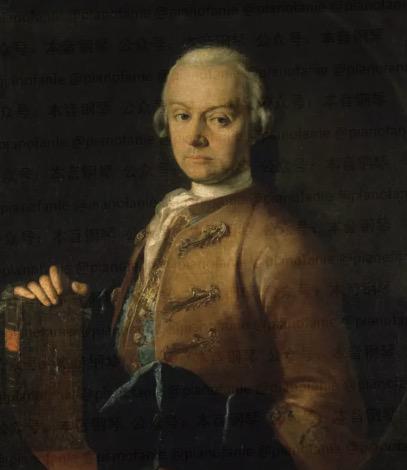
3. Johann Christian Bach
Known as the “London Bach,” Johann Christian was the youngest son of J.S. Bach. After moving to England in 1762, he became a central figure in public concert life. His elegant symphonies and piano concertos helped shape the Classical style. His innovations brought music into concert halls and away from purely church settings, making classical sheet music more accessible to the public.
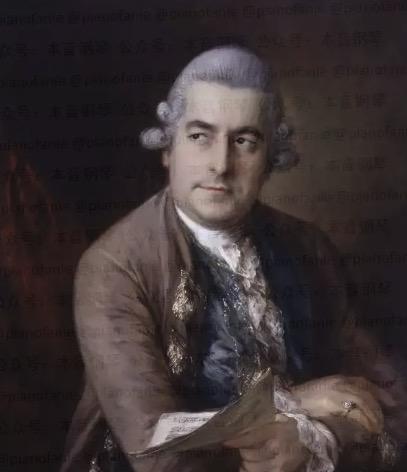
4. Luigi Boccherini
An Italian composer and skilled cellist, Boccherini was often compared to Haydn. He was especially known for his chamber works, such as trios, quartets, and quintets. His famous Minuet from the String Quintet in E major is still a favorite among those who enjoy easy sheet music for ensemble performance. His tragic later life did not diminish the elegance of his musical legacy.
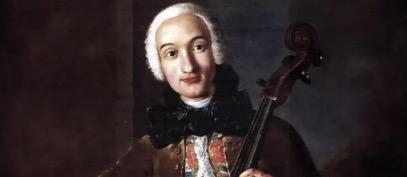
5. Muzio Clementi
Clementi, an Italian virtuoso born in 1752, was one of the first musicians hailed as a piano master. He and Mozart were rivals, even facing off in a piano competition in 1781. While Mozart emphasized expressiveness, Clementi’s strength lay in technique. Today, many young learners encounter his easy sheet music works, such as the Sonatinas and Gradus ad Parnassum, during their early piano online lessons.
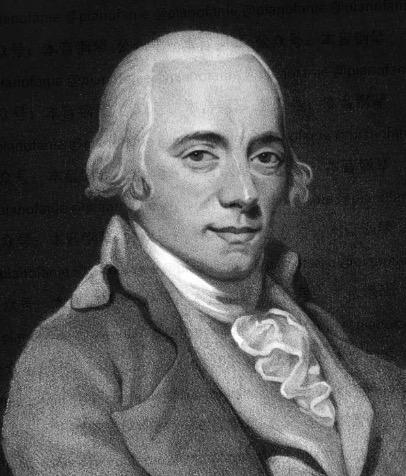
6. Antonio Salieri
Salieri was a successful Italian opera composer whose career spanned much of Europe. Though modern audiences know him from the film Amadeus, which dramatizes a rivalry with Mozart, there is little historical evidence of actual conflict. Salieri’s music was widely respected, and he mentored many important composers, contributing to the spread of classical sheet music through vocal and orchestral works.
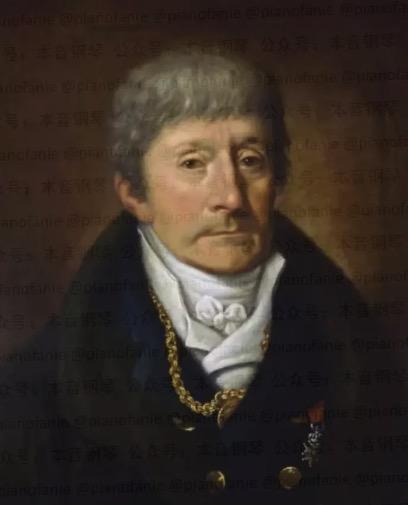
7. Johann Nepomuk Hummel
A former student of Mozart, Hummel lived with the composer as a child and absorbed much of the Classical style. He later developed his own voice, creating concertos, variations, and études. His music helped transition from Classicism to Romanticism and had a notable influence on composers like Chopin. Hummel's style also makes for excellent study material in intermediate piano online lessons.
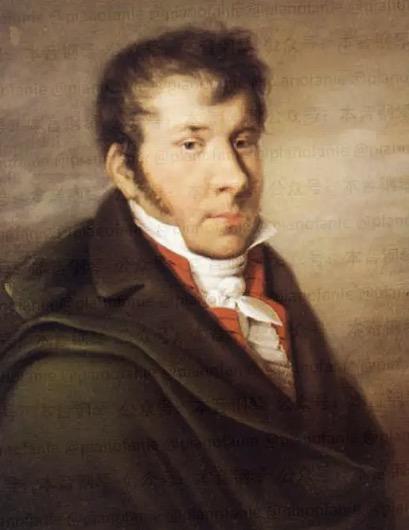
8. John Field
Born in Ireland in 1782, Field was a pupil of Clementi and became a celebrated pianist in his own right. He pioneered the nocturne as a distinct genre, paving the way for Chopin. Field’s compositions, which include sonatas and concertos, are rich in melodic beauty. His nocturnes provide an expressive way to interpret piano notes, especially for those advancing beyond easy sheet music.
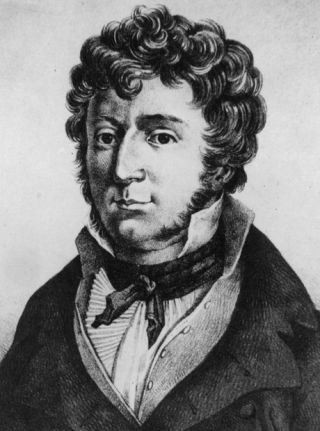
The Classical period represented a shift from the intricate complexity of the Baroque era to a more balanced and elegant style. Composers favored clarity and structure, which is reflected in much of the classical sheet music still studied today.
As Beethoven’s works evolved toward emotional expression and individuality, they laid the groundwork for the Romantic period. The transformation reflected a broader cultural movement—where artists began to value personal sentiment over structured form.
Exploring the contributions of lesser-known Classical composers not only deepens appreciation for this period but also offers variety for pianists seeking new repertoire outside the standard canon. Whether through piano online lessons or independent study, discovering these composers expands your musical understanding and enriches your connection to the world of piano notes.
FAQs
Q1: Why aren’t composers like Field or Hummel as popular as Mozart or Beethoven today?
A: While these composers were famous in their time, historical narratives often highlight a few standout figures. However, many lesser-known composers wrote exceptional classical sheet music worth exploring.
Q2: Can beginners learn works by these composers?
A: Yes! Many of their pieces are adapted into easy sheet music formats or used in piano online lessons to introduce students to Classical style without overwhelming difficulty.
Q3: How do I choose which Classical composers to explore in my piano study?
A: Start with familiar names and branch out. Use piano notes from graded exam syllabi or consult your piano online lessons teacher for repertoire suggestions that match your current skill level.












